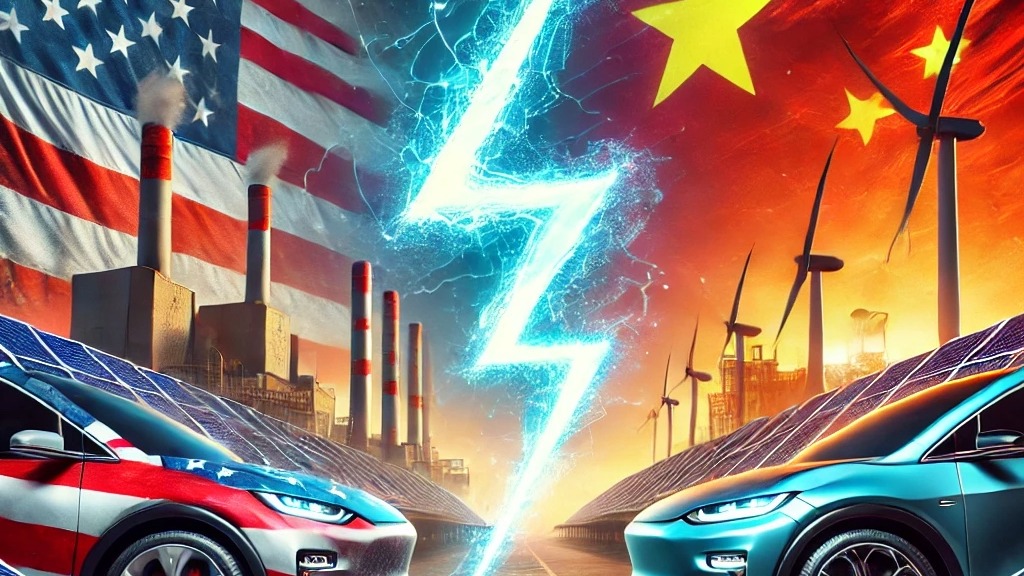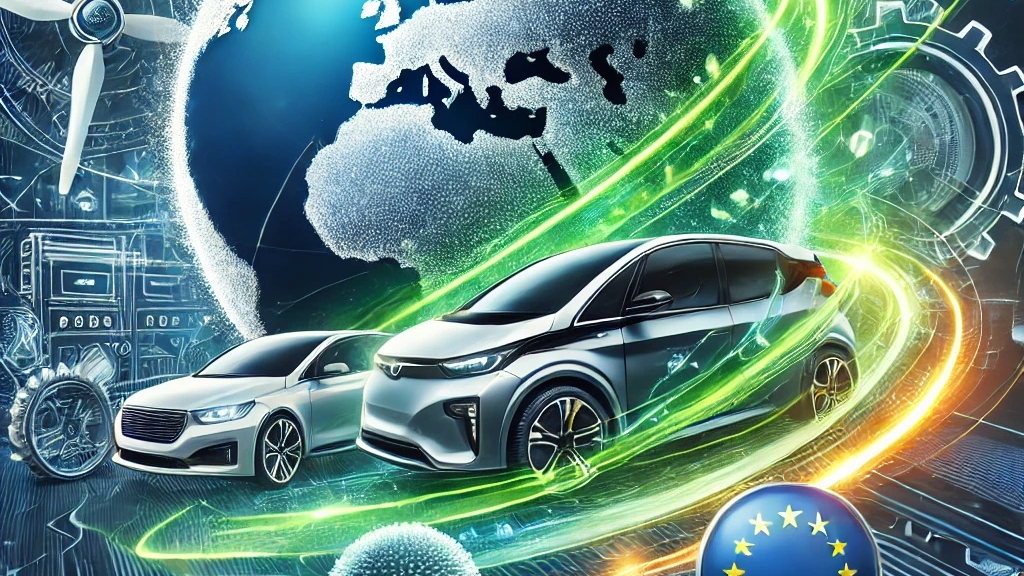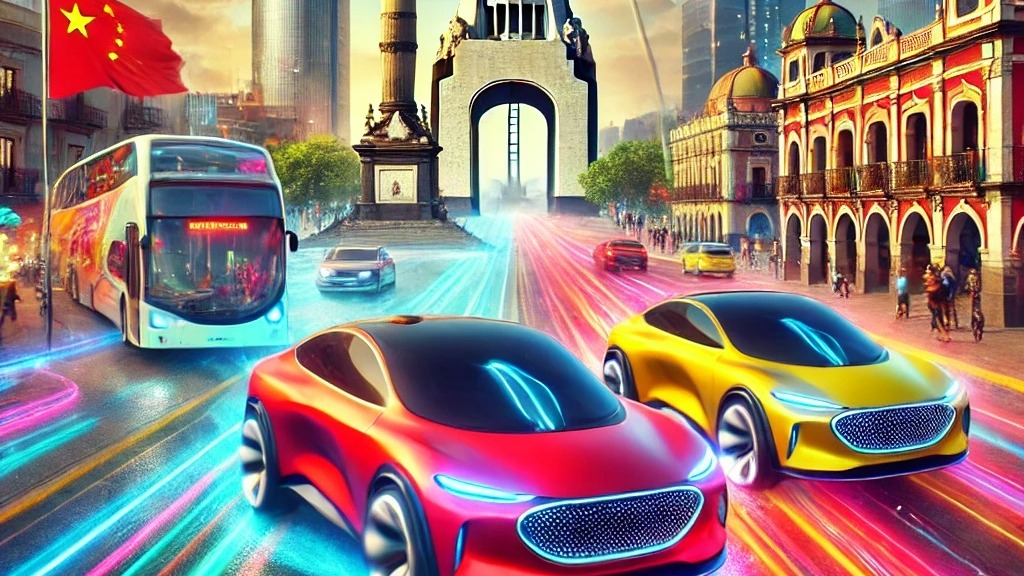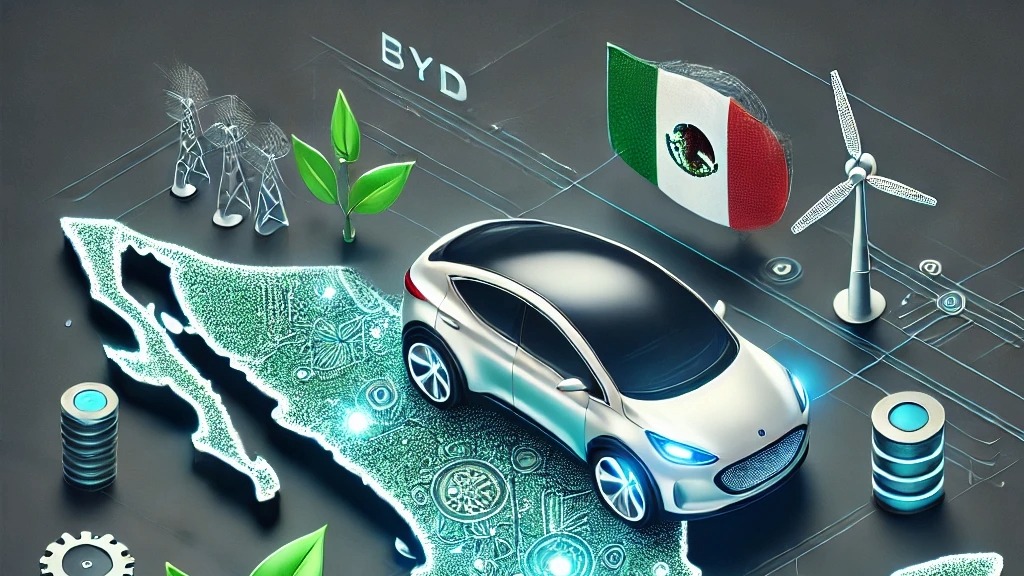Europe stops Chinese offensive: rejects minimum price in the battle for electric cars
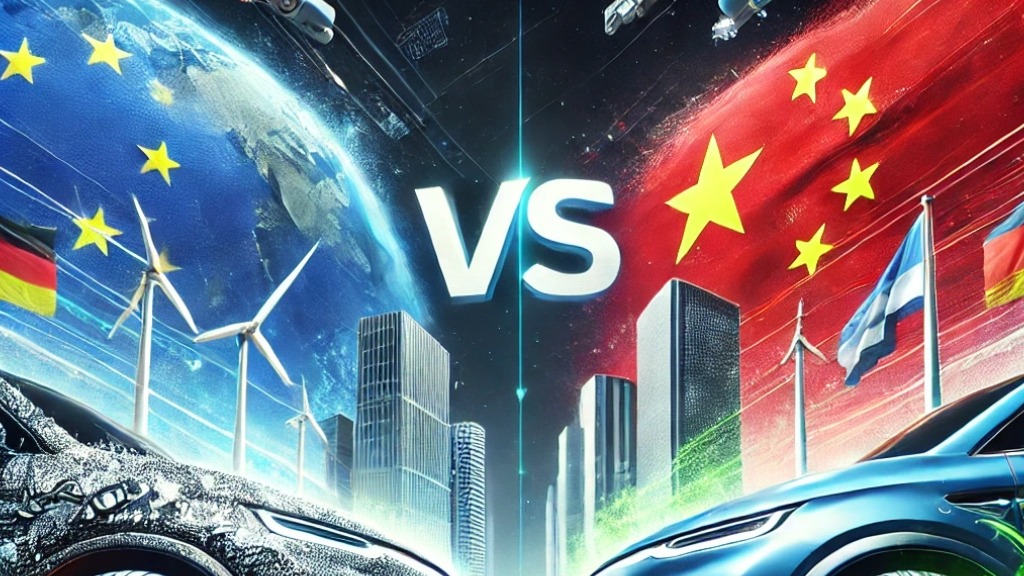
Brussels has rejected a key Chinese government proposal that sought to set a minimum price of €30,000 for electric vehicles made in China and sold in Europe.
The move, pushed by China, was intended to prevent the European Union from imposing tariffs on EVs made in that country, in what has become the biggest trade dispute between the two players in a decade.
Close sources indicate that the European Commission made this decision not only because of vehicle prices, but also because of the heavy subsidies that Chinese manufacturers receive in their home country, distorting the European market. The rejection of the offer underscores European concerns about unfair competition and the erosion of the local automotive industry.
For Mexico, a country immersed in the transition towards the production and adoption of electric vehicles, the context of this dispute generates both challenges and opportunities. On the one hand, Mexico has a strong automotive industry, which has historically been a pillar of its economy. Geographic proximity to the U.S. market and trade agreements, such as the T-MEC, give it a competitive advantage over other producing countries. However, China's accelerated advance in the electric vehicle sector poses a significant threat to Mexican producers.
The ability of Chinese manufacturers to offer electric vehicles at much lower prices, thanks to their subsidies and access to raw materials, may affect Mexico's competitiveness in international markets.
Brussels' rejection could open a window of opportunity for Mexico, as tariffs imposed on Chinese vehicles could make electric cars produced in other countries more attractive.
Mexico, which has already begun to invest in EV manufacturing and related infrastructure, could benefit from this situation, taking advantage of its strategic position to strengthen its exports to Europe and the United States. In addition, the growing global demand for electric vehicles, driven by environmental regulations, represents an opportunity for the country to diversify its industrial base and position itself as a key player in the EV supply chain.
One of the main challenges is the lack of adequate infrastructure to support a massive adoption of electric vehicles, both for domestic consumption and large-scale production. Unlike China, which has invested heavily in subsidies and the creation of a robust local supply chain, Mexico still faces technological and financial barriers that limit its ability to compete on a level playing field.
Dependence on imports of batteries and other critical components is a weakness that the country must address if it is to become a relevant global player in the electric vehicle market.
In terms of threats, the growing trade tension between China and Europe poses a risk of fragmentation of the global EV market. If the dispute escalates, Mexico could be caught in the spillover effects, especially if China decides to redirect its massive production to other markets, flooding regions such as Latin America with electric vehicles at low prices. This could put pressure on the local automotive industry and hinder the competitiveness of Mexican manufacturers. In addition, China's progress in innovation and technology applied to electric vehicles represents a long-term threat, as the Asian country continues to consolidate its position as a leader in this industry.
The context of this trade dispute also offers an opportunity for Mexico to explore strategic alliances with the European Union. As Europe seeks to diversify its electric vehicle suppliers and reduce its dependence on China, Mexico could position itself as a reliable partner, offering competitive products that meet European standards. This would not only strengthen trade relations between the two regions, but also allow Mexico to access high-value markets with a growing demand for electric vehicles.
As China and the European Union navigate one of the most important trade disputes in recent years, Mexico is at a crossroads. The resolution of this conflict could have significant implications for its automotive industry, presenting both challenges and opportunities for growth.
The country will need to leverage its strengths, such as its proximity to key markets and its industrial base, while addressing the structural weaknesses and external threats that this new global dynamic poses. If it can balance these factors, Mexico could emerge as a key player in the electric vehicle industry at a crucial time for the transition to a more sustainable and electrified economy.
Collaboration: Editorial Auge.

